Suzhou Lili, the "Four Miles of Jiangnan", enjoy the slow life of Jiangnan water town and taste the story that comes out of the alley
When it comes to ancient towns in Jiangnan water towns, many people think of Wuzhen, Xitang or Zhouzhuang. Few people know that in Wujiang District, an hour away from Shanghai and half an hour's drive from Suzhou, there is a niche and a place that has not yet been fully developed. Ancient town-Lili Ancient Town.
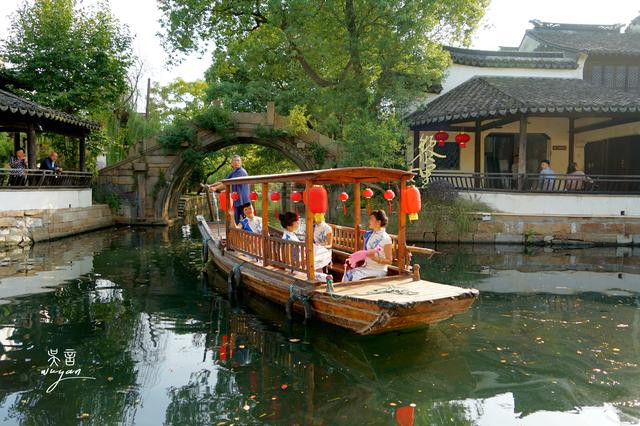
Wentu/Wu Yan
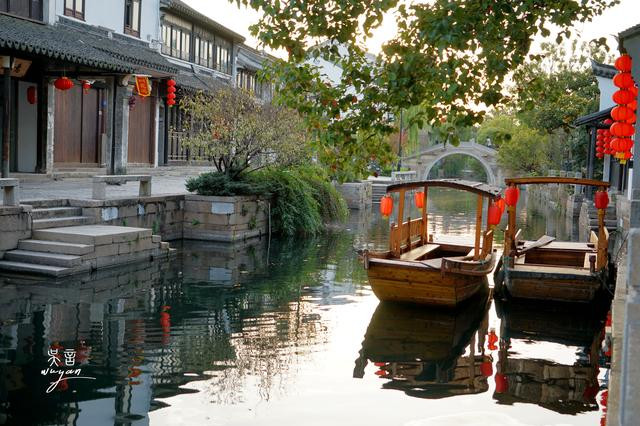
Wentu/Wu Yan
The ancient town of Lili does not seem to be famous now, but it seems to be more famous in ancient times. Yuan Mei, a famous poet in the Qing Dynasty, wrote "Xing in Lili":"Thirty Miles of Wujiang, the place is called Lihua Village. The poem "I am like a fisherman, coming to ask about peach blossoms" expresses the temperament of Li's paradise and low-key tranquility.
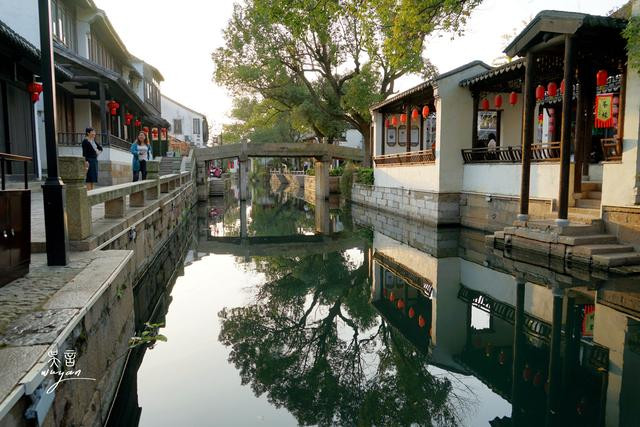
Wentu/Wu Yan
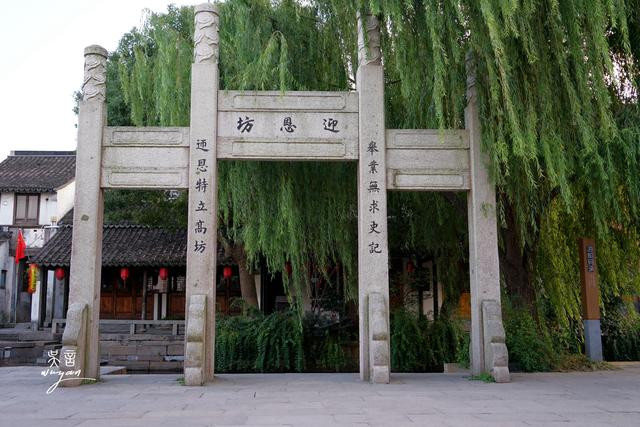
Wentu/Wu Yan
The origin of Lihua Village
Lili Ancient Town is located in Wujiang District, Suzhou City, Jiangsu Province. It was called Lihua Village in ancient times. It is a well-preserved typical Jiangnan water town. It has a history of more than 900 years. Its original history can be traced back to the Spring and Autumn Period 2500 years ago.
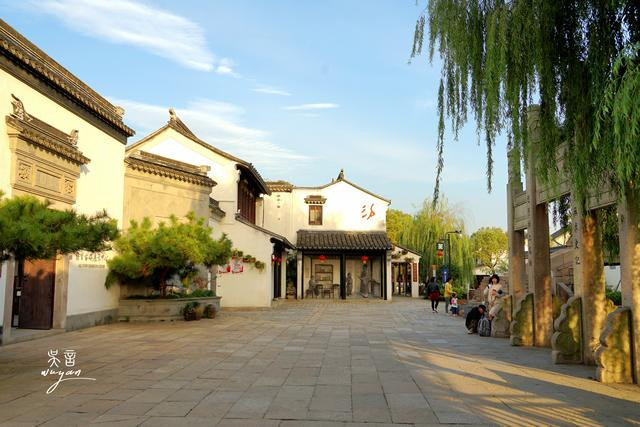
Wentu/Wu Yan
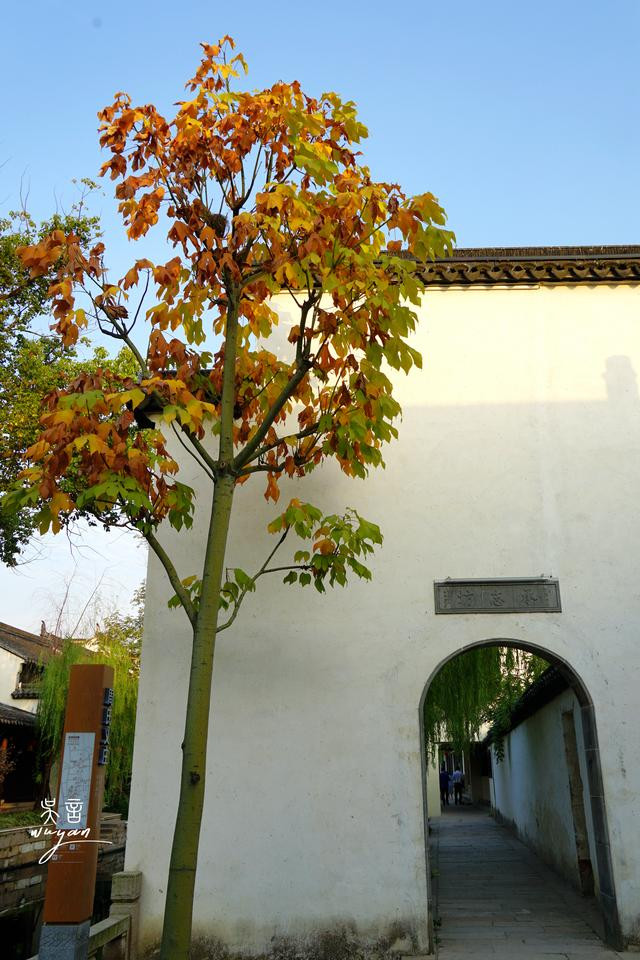
Wentu/Wu Yan
In 496 BC, the Battle of Wu and Yue and the Battle of Li took place here. Yuerhuang in Lili was one of the boundary areas between Wu and Yue. Today, Yuerhuang and Gutoutan still retain the historical mark of Wu and Yue hegemony.
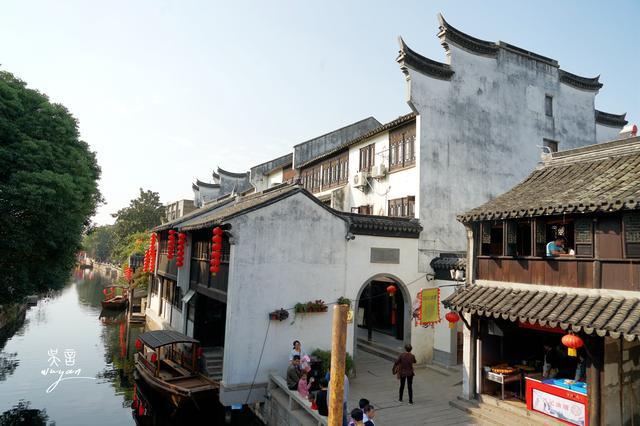
Wentu/Wu Yan
After the War of Li Li, people planted pear trees everywhere, hoping to use pure and innocent pear blossoms to drive away the foul air left by the war here. Every spring, pear blossoms fragrance, which is the origin of the name Lihua Village.
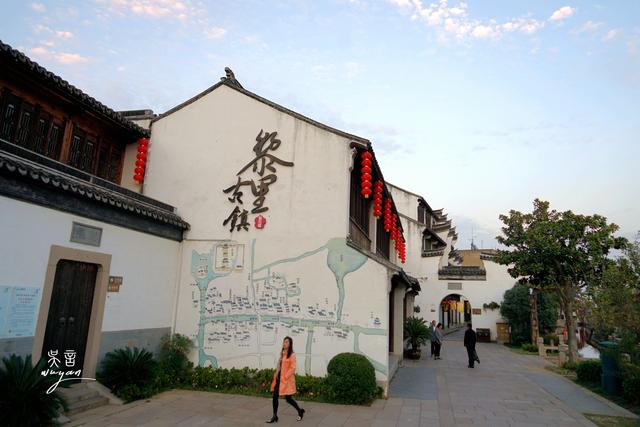
Wentu/Wu Yan
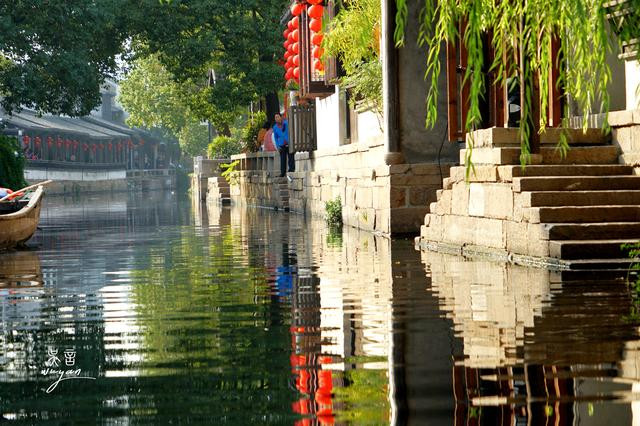
Wentu/Wu Yan
Lili, a poetic name, is also known as Xihu, and was once called Lichuan and Lihuali. Lili was a village in the Tang Dynasty. In the Southern Song Dynasty, Lili became a market. During the Jianyan period, Lili became a town. It was not until the Hongzhi period of the Ming Dynasty that it was upgraded to a large Jiangnan town. At that time, there were thousands of residents. Since ancient times, Lili has been collectively referred to as the "Jiangnan Four Miles", together with Suzhou Tongli, Wuxing Zhili, and Changshu Guli.
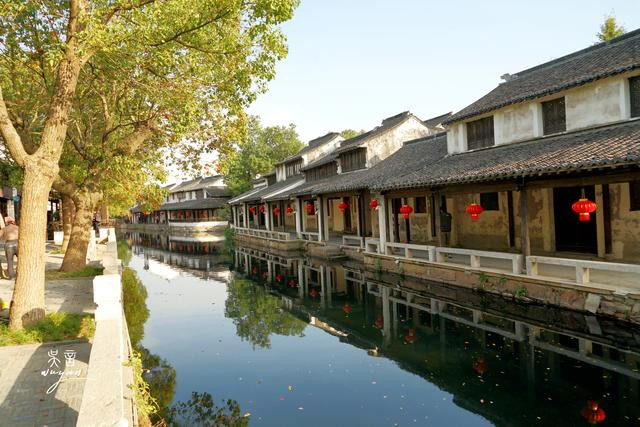
Wentu/Wu Yan
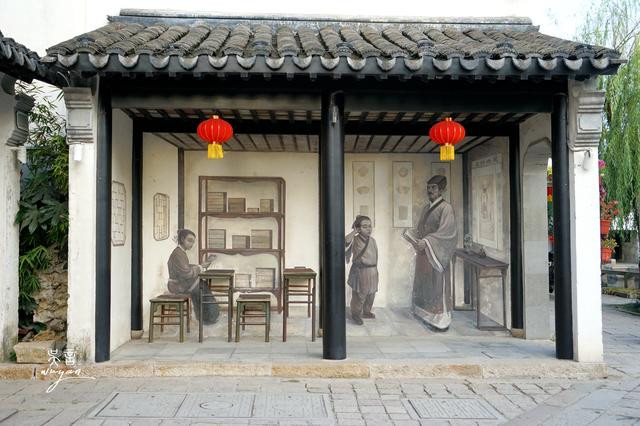
Wentu/Wu Yan
In Lili now, green water flows long, weeping willows are leaning on each other, rivers are crisscrossed, and ancient bridges fly over. More than 4000 meters of ancient refuges in the Ming and Qing Dynasties are left behind. Attached to the ancient refuges are 256 river ports of various styles and 254 cable boat stones of a complete variety. This can be said to be unique among the ancient towns of Jiangnan water towns.
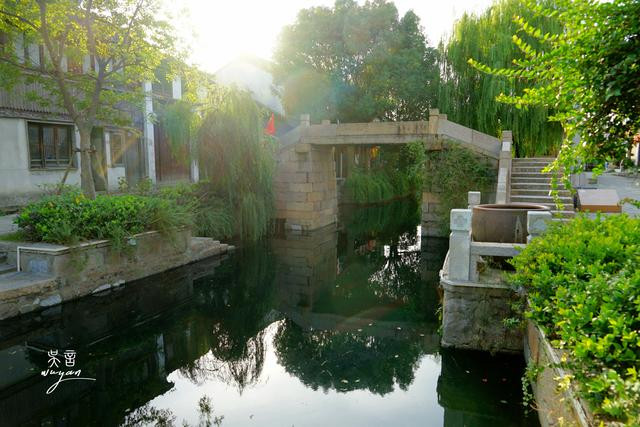
Wentu/Wu Yan
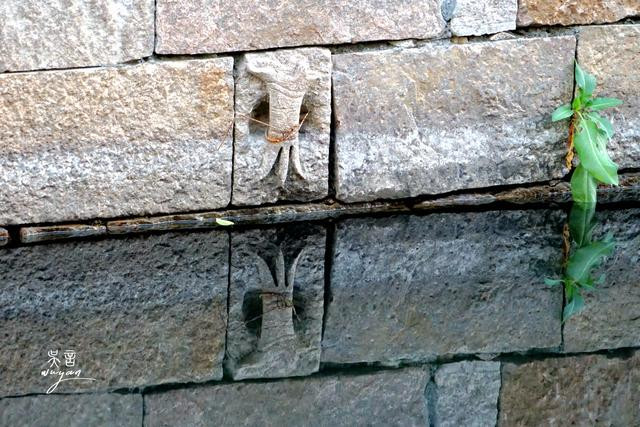
Wentu/Wu Yan
For a long time, small bridges, flowing water and people seem to have become the standard features of Jiangnan water towns. Walking into the ancient town of Jiangnan water town, bridges and rivers are always inaccessible.
Lichuan Sanli is full of flowing water. The east-west city river "Lichuan Sanli" that runs through the town is like a flying dragon lying across the ancient buildings of the Ming and Qing Dynasties. It is a "dragon vein" of the ancient town.
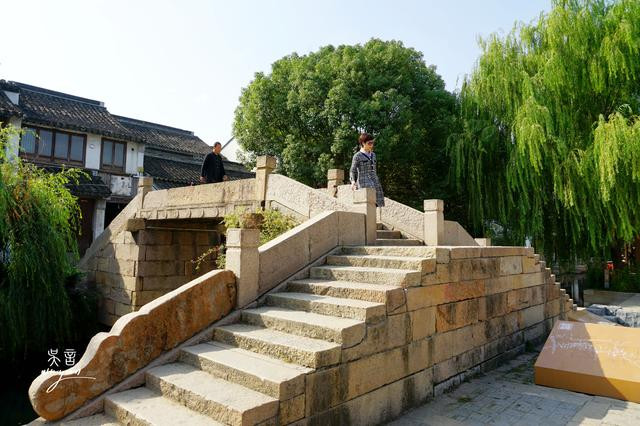
Wentu/Wu Yan
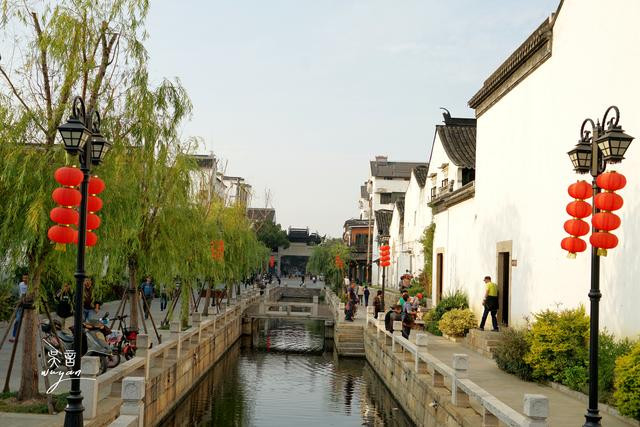
Wentu/Wu Yan
The rivers in Lili Ancient Town are part of the Taihu Lake water system. The water source of the rivers in the ancient town comes from Tianmu Mountain in Zhejiang Province. The water is as clear as a mirror, and the water and grass are graceful and faintly visible. Even kittens know how to go to the river to drink water and look in the mirror, and make themselves up and be smug.
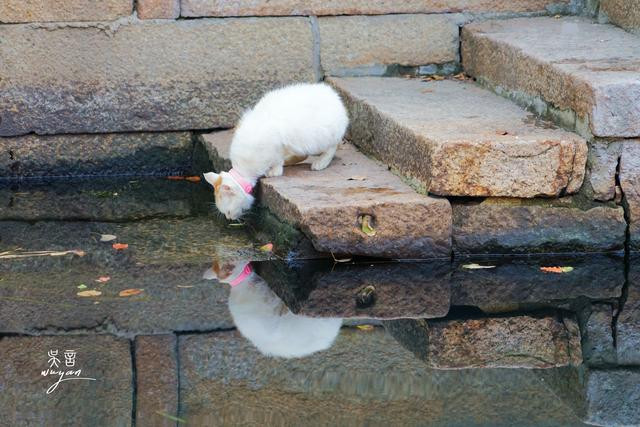
Wentu/Wu Yan
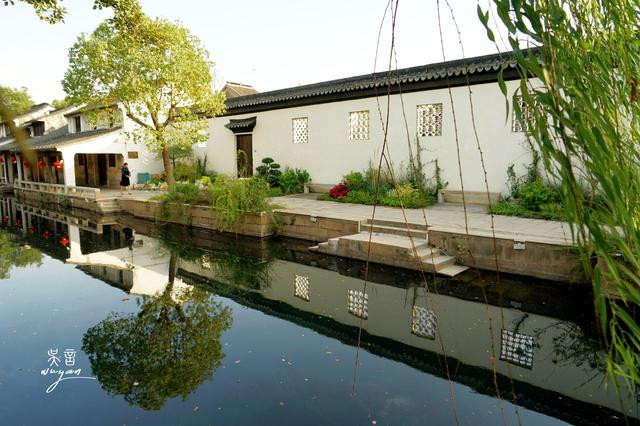
Wentu/Wu Yan
There are 12 ancient stone bridges across the Liligushi River, 8 of which have not been rebuilt and are original.
There is a saying in Lili Ancient Town,"There are two bridges when you go out, and two bridges are up and down in three steps." Bridges of various architectural styles form a symphony of ancient bridges. Some are as gentle as beautiful women, and some are as simple as old men. Standing by the river and looking at the ancient bridge is a kind of scenery. Standing on the bridge and looking at the river is also a kind of scenery. You look at the scenery from the bridge, and others look at you from the attic. There is me among you and you are among me. It is quite interesting.
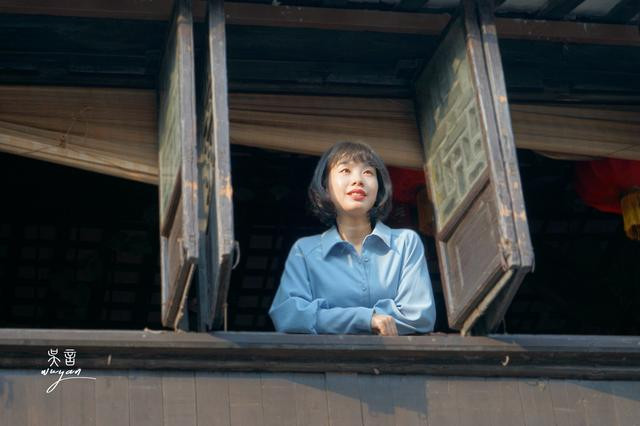
Wentu/Wu Yan
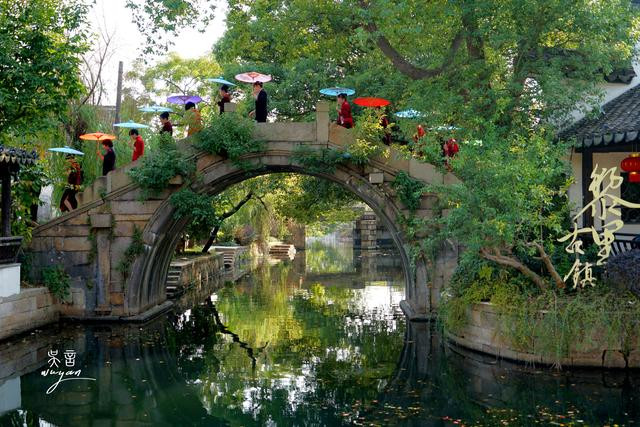
Wentu/Wu Yan
In Lili, you can comfortably enjoy the slow life of Jiangnan Water Town
People in Lili live by the water and live a leisurely and slow life.
Housewives wash by the river port, and children play by the ancient bridge; the main force fry oil dunes in the shop and make crabapple cakes, or gather together as a family to peel water chestnut. The old people chat, play chess, and bask in the sun under the porch shed of "no umbrella on sunny days and no wet shoes on rainy days."
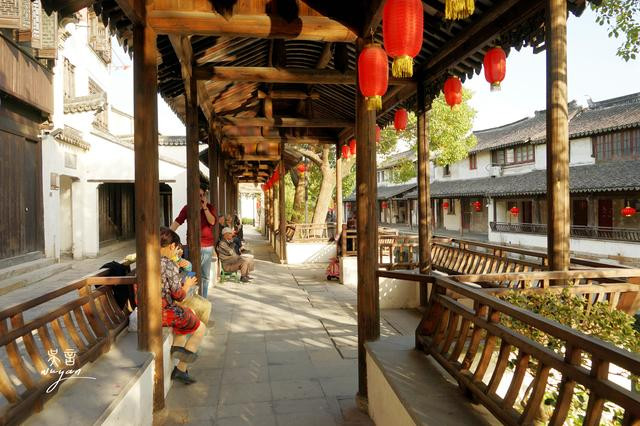
Wentu/Wu Yan
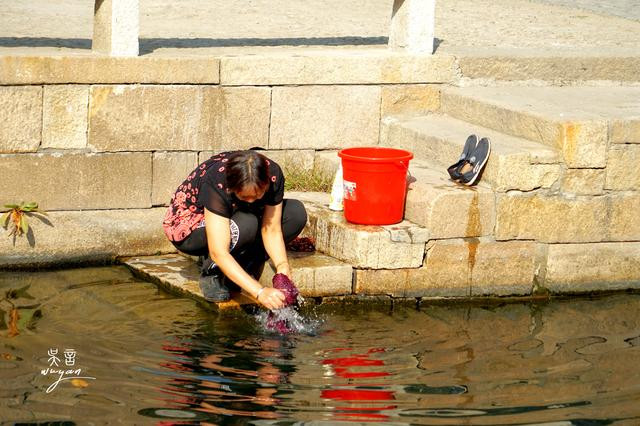
Wentu/Wu Yan
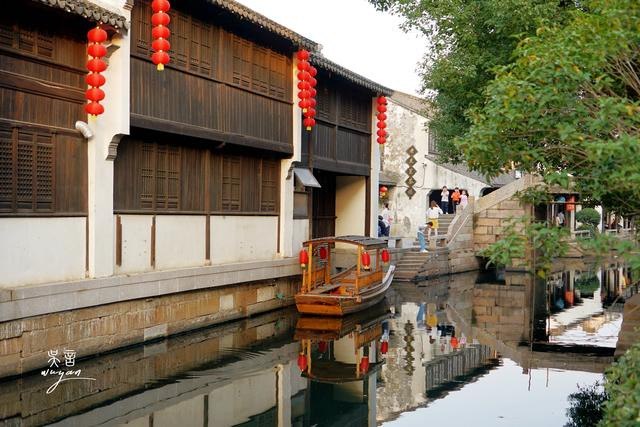
Wentu/Wu Yan
I was immersed in the poetry and painting of the ancient town. A sound of oars cut through the calm river and stirred up layers of ripples. Several blue-and-white porcelain beauties were sitting on a cruise ship slowly approaching. Under the corridor on the opposite river bank, a row of beautiful women wearing cheongsam, holding oil-paper umbrellas, suddenly added several rainbows to the ink and blue paintings on the water side.

Wentu/Wu Yan
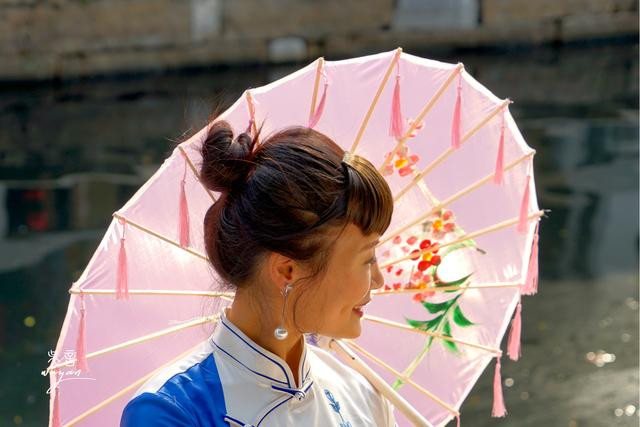
Wentu/Wu Yan
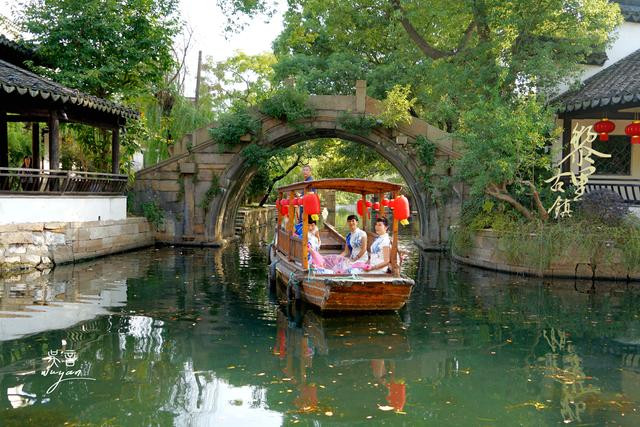
Wentu/Wu Yan
Hearing the news, people walked out of the deep alleys one after another, and the town suddenly became lively.
We also took a small cruise ship, closed our eyes on the bow, and felt the warmth of the autumn sunset and the breeze blowing past our faces. Unconsciously, we had become people in the painting. Gradually, people moved in the painting and the painting entered my heart.
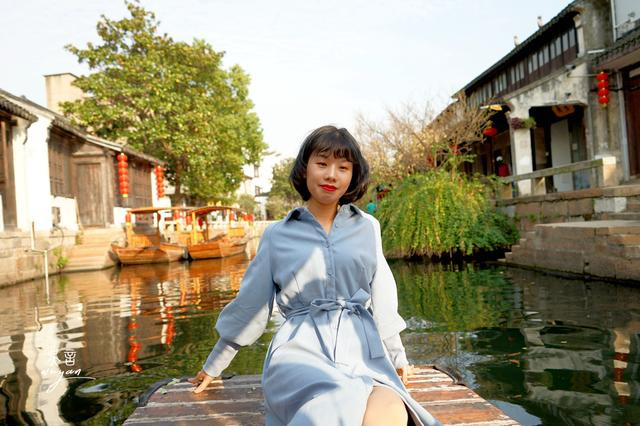
Wentu/Wu Yan
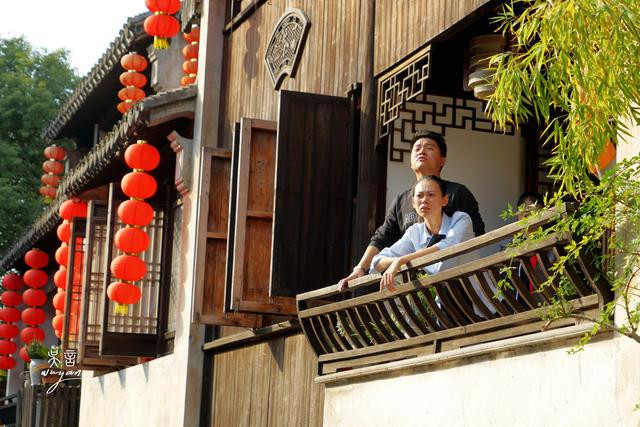
Wentu/Wu Yan
The small boat moved slowly on the blue waves, and alleys, ancient houses, and ancient bridges slowly moved backward. However, the music in the air drifted closer and closer. It turned out that someone was singing Yue opera on the ancient stage.
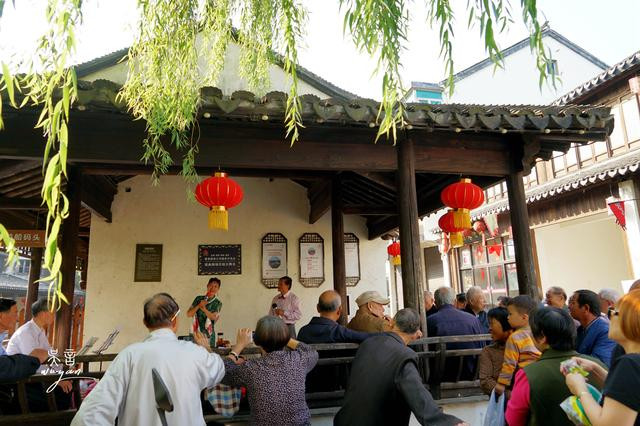
Wentu/Wu Yan
Wu Nong's soft language Yue opera fluttered slowly over the ancient town, adding a bit of ancient charm to the ancient town. We traveled through the tunnel of time and were reluctant to wake up for a long time.
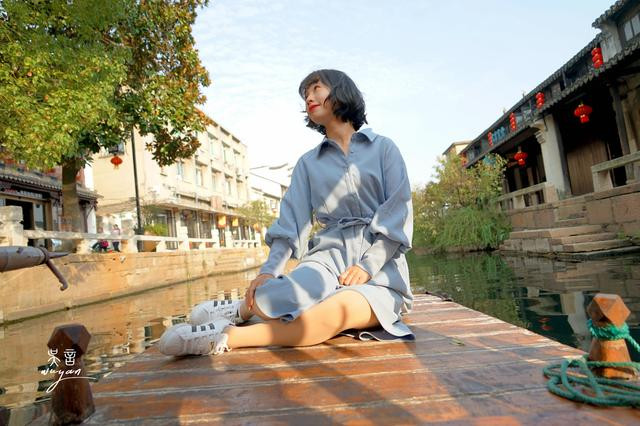
Wentu/Wu Yan

Wentu/Wu Yan
Night fell quietly, red lanterns and thousands of lights illuminated both sides of the city river. The reflection of Dingxin Bridge and the water under the light was like a crescent moon hanging half and half falling half. It was quiet and beautiful, making people's hearts calm as water, as if everything around them no longer existed, only me and the crescent moon silently looked at each other and felt in tune.
At this time, a couple walked across the bridge hand in hand and strolled towards the dimly lit place in the alley, leaving a warm and sweet back.
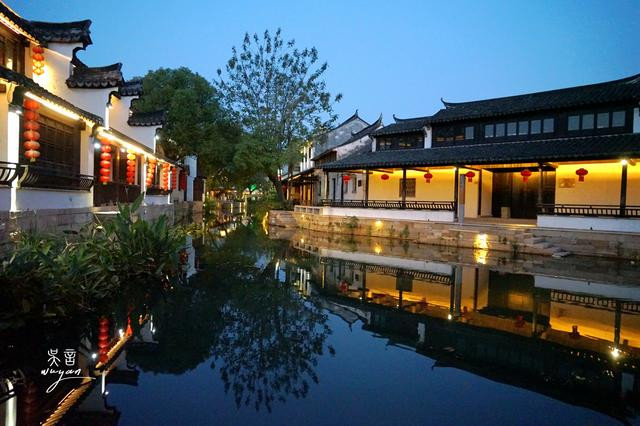
Wentu/Wu Yan
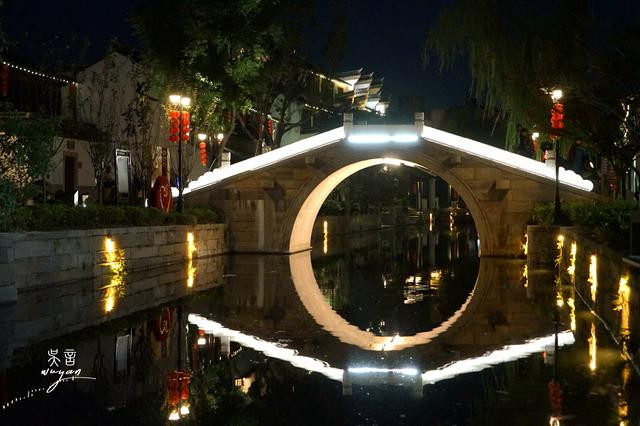
Wentu/Wu Yan
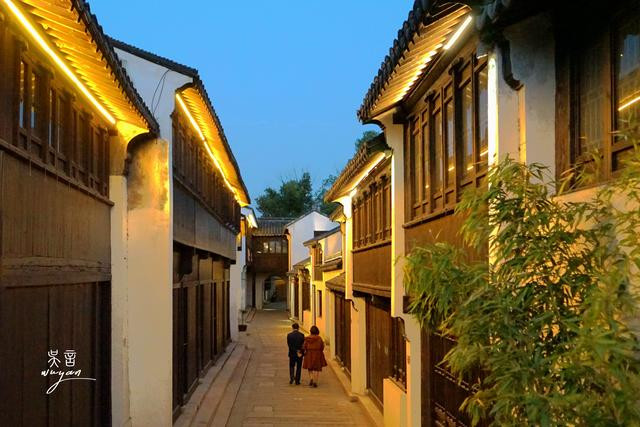
Wentu/Wu Yan
Nongways are standard for large households
In Lili, in addition to loving the simple and gentle slow life here, I also like to shuttle through various alleys that are either deep, dark or unique in style, listen to the stories of people in the alleys, and taste the profound alley culture. This feeling of traveling through is very wonderful.
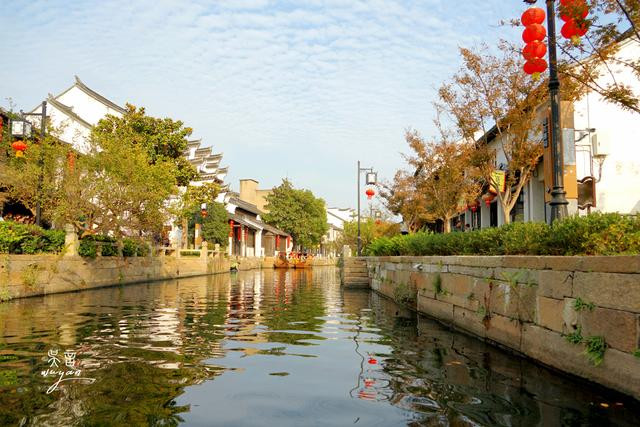
Wentu/Wu Yan
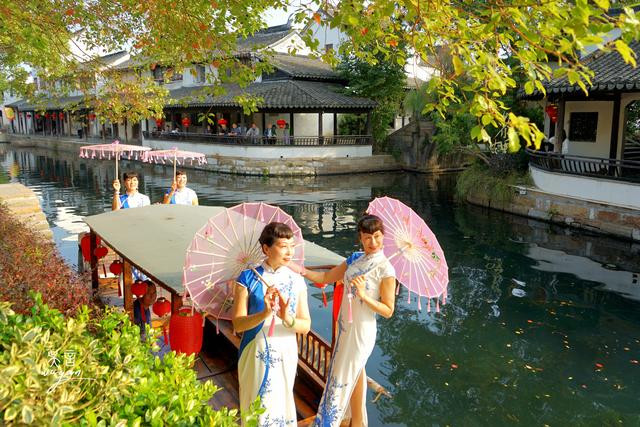
Wentu/Wu Yan
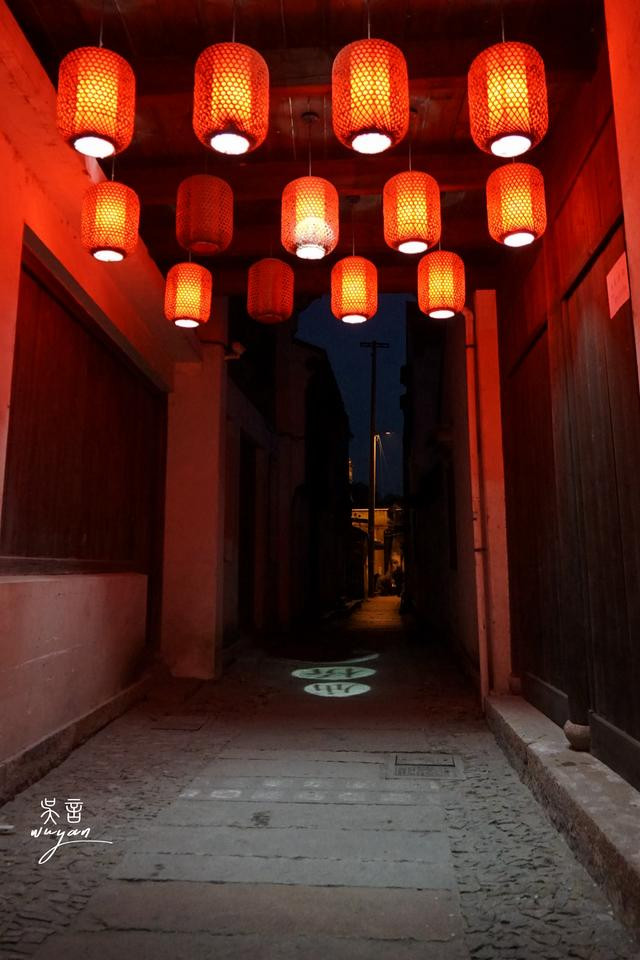
Wentu/Wu Yan
In ancient times, alleys were only owned by large families. As deep as the house is, the alley is as long as it is.
Nongtang is located in the ancient town of Lili. It is another unique place in addition to the cable boat stone. It is next to the deep houses on both sides of the city river.
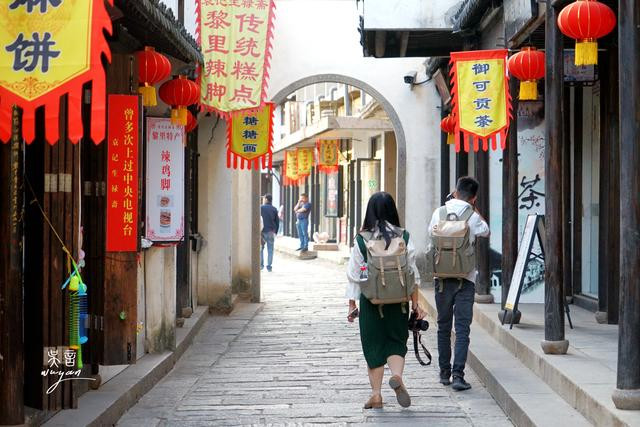
Wentu/Wu Yan
There are a total of 85 alleys of various types in Lili Ancient Town, including 70 hidden alleys and 15 Ming alleys. There are single alleys, double alleys, mother alleys and three-way alleys. Double alleys are divided into light and dark juxtapositions or secret juxtapositions, etc., with various forms and styles, it can be said to be the most ancient town in Jiangnan water town.
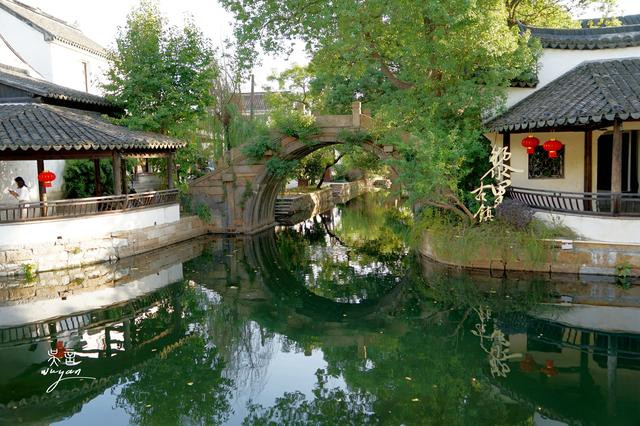
Wentu/Wu Yan
Lili alleys are bright or dark. The ones that are open without a roof are Ming alleys, and the roofs cover the dark alleys. They are deep or shallow, generally more than 60 meters, and there are 5 lanes that exceed 100 meters. The longest one is Lili Lane, which reaches 135.7 meters; They are wide or narrow, the narrowest ones are Hengfengtai Lane and Fanjia Lane, which are only 0.7 meters, and the widest one is Miaoqiao Lane, which is up to 2 meters wide.
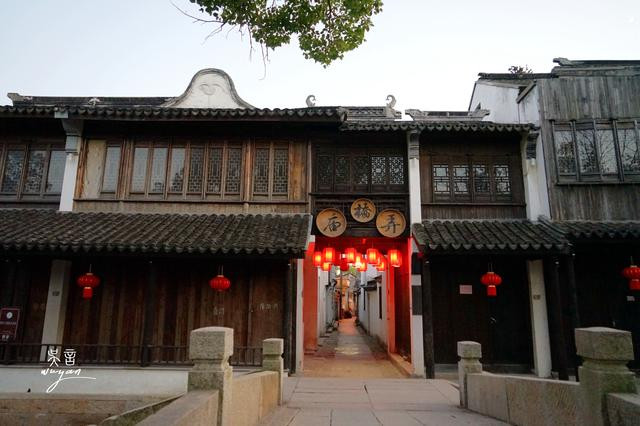
Wentu/Wu Yan
It seems that in ancient times, Lili was such a prosperous place, with large families everywhere, which gave rise to such a rich and colorful alley culture.
Nongtang names are part of Nongtang culture and are generally named after surnames. The main names of the alleys in Lili are the eight surnames "Zhou, Chen, Li, Kuai, Ru, Lu, Xu and Cai". About 70% of all alleys are named after surnames.
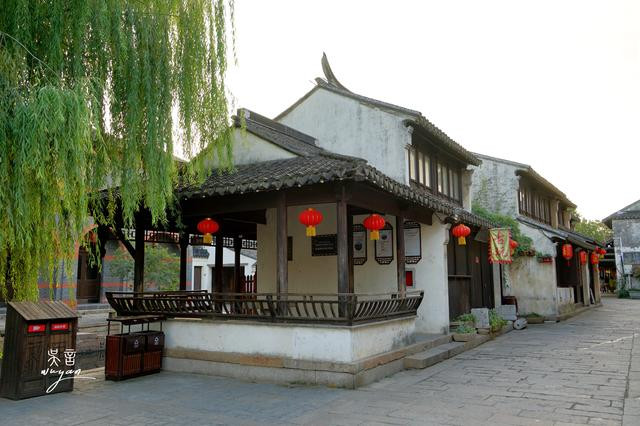
Wentu/Wu Yan
In the Qing Dynasty, Lili Town assigned eight major surnames,"Zhou Chen Li Kuai Ru Lu Xu Cai". Each surname had deep houses, generally five to six, and there were also eight or nine. Each house has its own alleys. The Zhou family has Zhou Fifu Lane and Zhou Family Lane, the Chen family has Chenjiawantang Lane and Chenjiannong, the Lu family has Lujia Lane, the Xu family has three alleys, the Kuai family Lane and Rujia Lane each have four alleys, the most is the Cai family, one in the east, west, south, north and middle Cai family Lane.
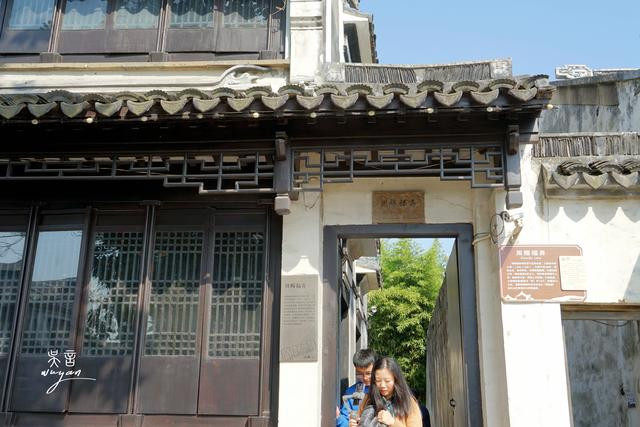
Wentu/Wu Yan
What kind of alley and what kind of people come out
There is a saying in Wujiang: what kind of people live in what alleys, what kind of people come out of what kind of alleys, and the alleys represent the reputation and status of the family.
Since ancient times, Lili has been a gathering of talents and talents. There are Zhao Yulao, a descendant of Zhao Kuangyin, a secret pavilion of the Southern Song Dynasty who was worshipped in Dongshengtang; Wei Ruxian, a famous champion in the Song Dynasty; Zhang Yao, a famous minister and general who fought against Tsarist Russia in the late Qing Dynasty; Liu Yazi, a modern patriotic poet and commander of Nanshe, who is known as the "Lin Feng among the people"; and so on. In the Qing Dynasty, there were also Zhou Yuanli, Governor of Zhili, Minister of Industry, and Prince Fu, Kuai Shixiang, Commissioner of Zhejiang, Xu Dayuan, who compiled "Li Li Zhi", Cai Bingqi, who compiled "Li Li Xu Zhi", etc., all of whom were scholars and celebrities from Li Li.
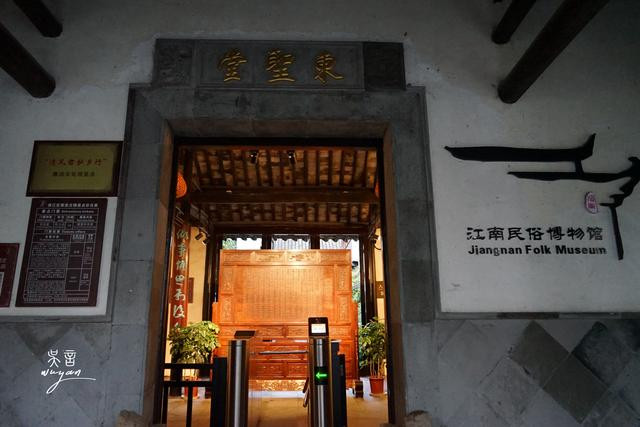
Wentu/Wu Yan
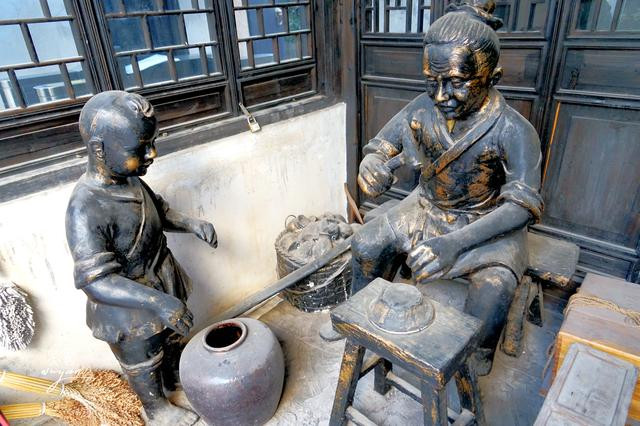
Wentu/Wu Yan
These celebrities have all been in and out of these alleys. When they come out, they are stories, and when they go in, they are stories. Each lane has its own story, and the most famous one should be Zhou Fuli Lane.
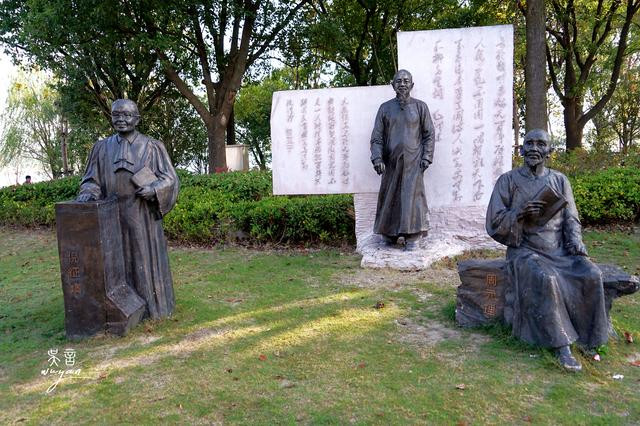
Wentu/Wu Yan
Zhou Cifu Lane is Liu Yazi's former residence at No. 75 Lili Center Street. It was originally the private residence of Zhou Yuanli, a minister of the Ministry of Industry during the Qianlong period of the Qing Dynasty. It was originally named Cifu Hall, with six entrances and a five-acre garden. The entire house is decorated with dragon and phoenix tiles and long windows with dragon and dragon carvings. The brick carvings are exquisite and the appearance is majestic.
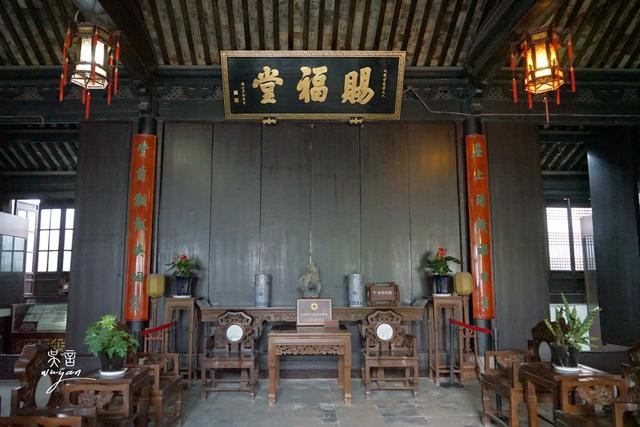
Wentu/Wu Yan
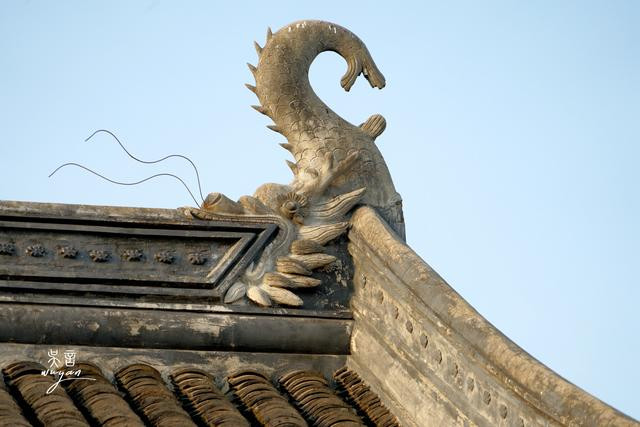
Wentu/Wu Yan
Zhou Yuanli (1705-1782) was the governor of Zhili, minister of the Ministry of Industry, and prince Shaofu of the Qing Dynasty. He was an official in the court for 36 years. He was conscientious and conscientious, and he was deeply trusted by Emperor Qianlong. At the age of 70, he should have retired and returned to his hometown, but Qianlong was reluctant to part with him, so Zhou Yuanli stayed in office for another six years.
"Good character and competent official" were Emperor Qianlong's highest evaluation of Zhou Yuanli.
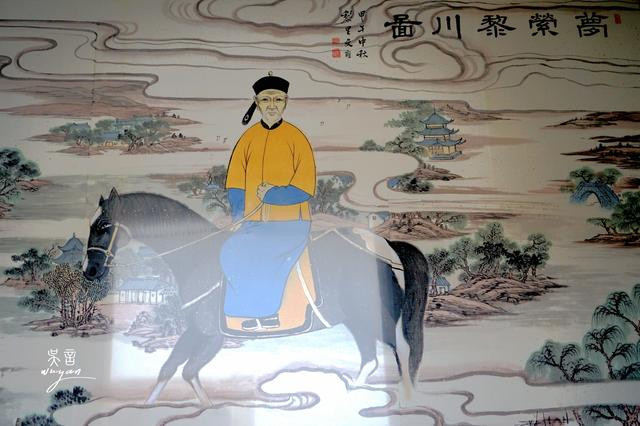
Wentu/Wu Yan
When Zhou Yuanli passed away less than four months after returning to his hometown, Qianlong issued a special encyclical and a memorial inscription. Today, the imperial stele engraved with the Qianlong encyclical and memorial inscription is standing in Zhou Yuanli's special temple, Zhou Palace Fu Temple.
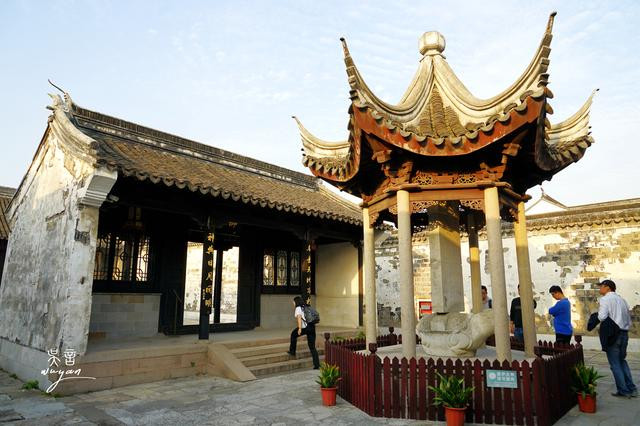
Wentu/Wu Yan
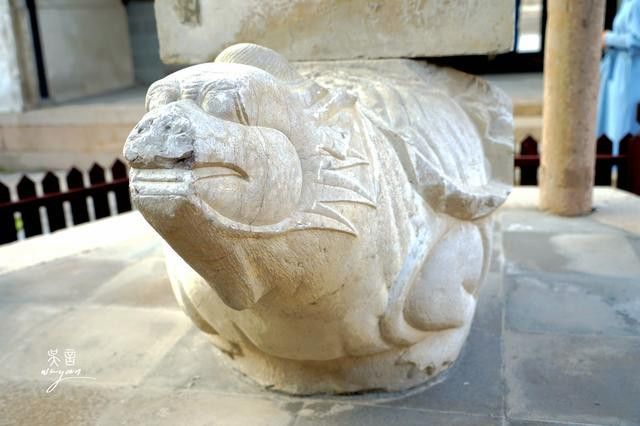
Wentu/Wu Yan
During Zhou Yuanli's official term, Qianlong gave him yellow horse jackets, precious objects on the top, famous calligraphy and paintings many times. He also allowed him to ride horses in the Forbidden City to court. Especially on the first day of the twelfth lunar month every year for thirteen consecutive years, Qianlong gave him the word "Fu" written personally by the royal pen.
Later, when the Zhou family renovated and built the house, they named the main house "Fufu Hall". This 93-meter-long alley was also called "Zhou Fufu Lane".
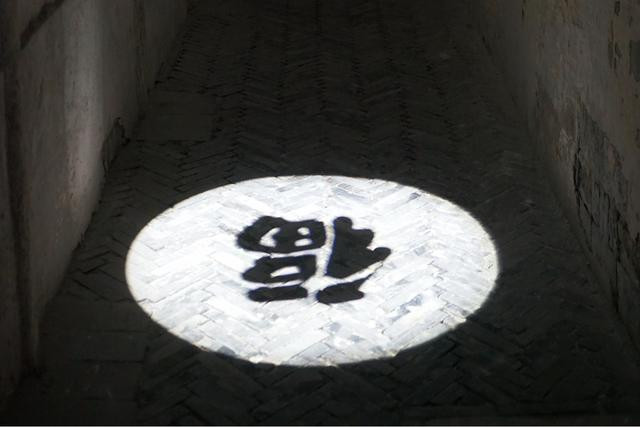
Wentu/Wu Yan
In 1922, Fu Fu Tang was rented by Liu Yazidian, the founder of Nanshe, so Fu Tang became the main meeting place for members of Nanshe.
In 2006, Fu Fu Tang was approved as the sixth batch of national cultural relics protection units in the name of "Liu Yazi's former residence".
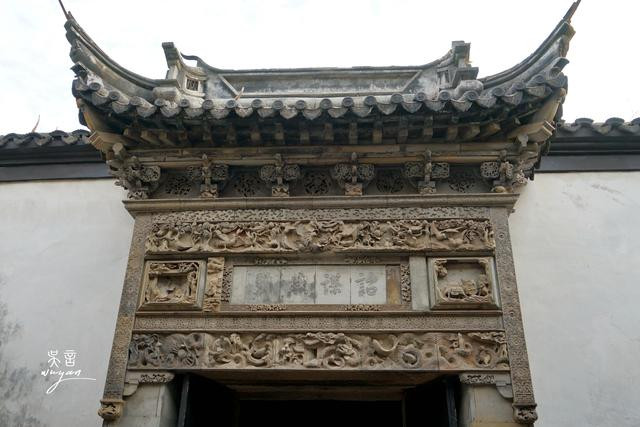
Wentu/Wu Yan
The name was changed because of Qianlong, but it was both sad and happy.
Like "Fufu Hall","Yi 'an Hall", which was renamed because of Emperor Qianlong, has both sorrow and joy.
"Yi 'antang" was originally named "Chuanjing Hall" and has the longest alley in Lili, with a length of 135.7 meters. The surname Li ranks third among the eight surnames in Lili. Just by hearing the name of the alley, you can tell how prominent it is. Others are called "Jialong", but only the Li family is called "Tingong".
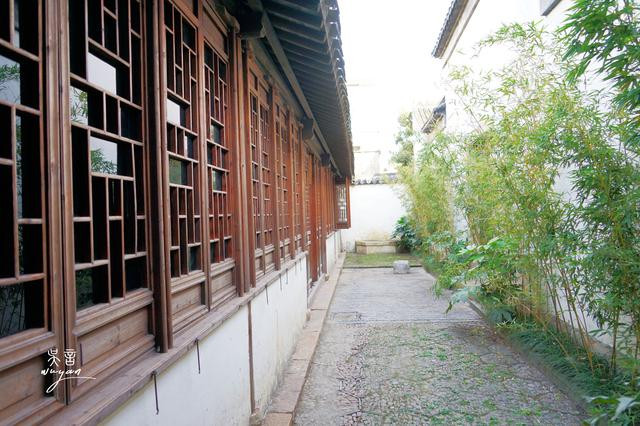
Wentu/Wu Yan
Li Huang, the owner of Li Ting Lane, was originally prosperous in official life. When he was promoted to the prefect of Shaozhou, Guangdong (now Shaoguan City) during the Qianlong period, a "Pan Xing Tang Collection" was discovered in Danxia Temple in Shaoguan, which led to the burning of Danxia Temple and the death of more than 500 innocent monks.
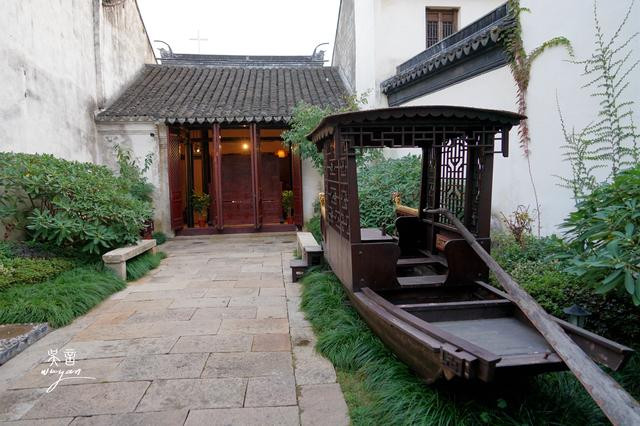
Wentu/Wu Yan
"Pianxingtang Collection" is written by Jin Bao, an intellectual who regarded the world as his own responsibility and a remnant of the Ming Dynasty who had participated in the anti-Qing struggle. After having no choice but to escape into the empty gate, he became the abbot of Danxia Temple. His name is Dangui, and he has written a large number of poems and poems, which were once famous among Buddhism.
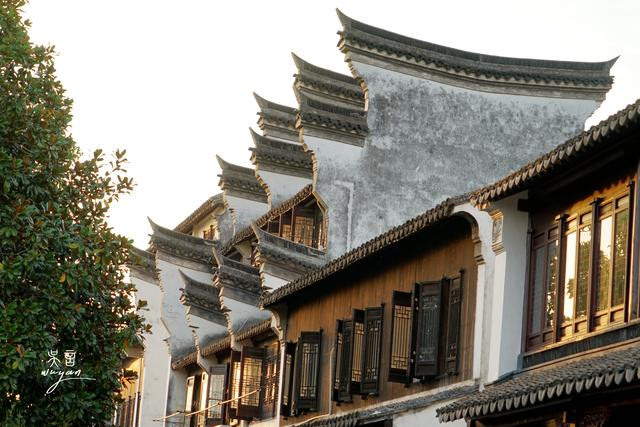
Wentu/Wu Yan
In fact, when "The Collection of Pianxing Tang" was listed as a banned book in 1775 AD, Monk Dangui had long since passed away. Emperor Qianlong had also ordered the destruction of all works of Jinju and expelled all the original monks in Danxia Temple from the temple., and the abbot was elected. When Li Huang arrived in Shaoguan and discovered Jinbao's posthumous works, it caused another uproar and eventually led to another tragedy.
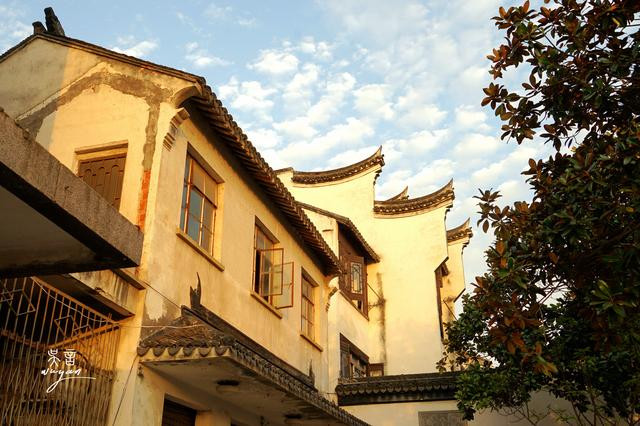
Wentu/Wu Yan
Since then, Li descendants will suffer if they encounter monks. Later, Li's descendants no longer dared to pursue career advancement and only hoped to live in peace and peace, so they renamed the Chuanjing Hall "Yi 'antang".
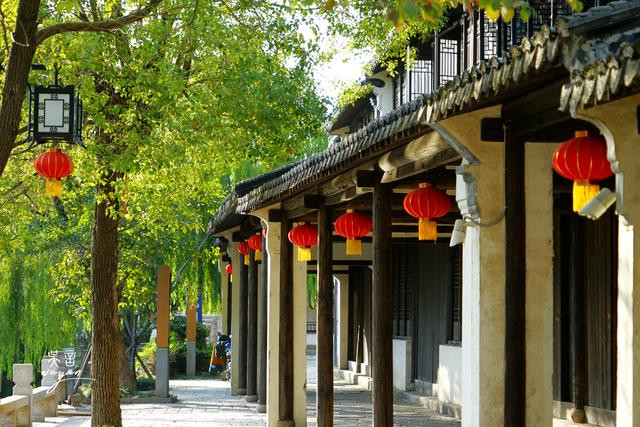
Wentu/Wu Yan
China's largest tin museum, experience the three steps of tin making
Another famous alley is Maojia Lane, located on Central Street. It is now the Chinese Tin Museum. It was built by Mao Qu, a scholar in the Ming Dynasty. His descendants were rebuilt in the Qing Dynasty. The entire building faces north to south and is now in existence. The structure is well preserved, and the stone carvings, wood carvings, brick carvings, etc. of each component are still exquisite. It has typical Jiangnan residential architectural characteristics. In 2014, it was selected as a "Suzhou City Relics Protection Unit".
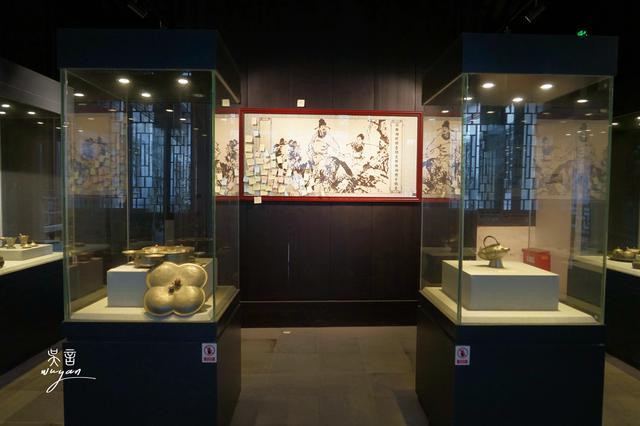
Wentu/Wu Yan
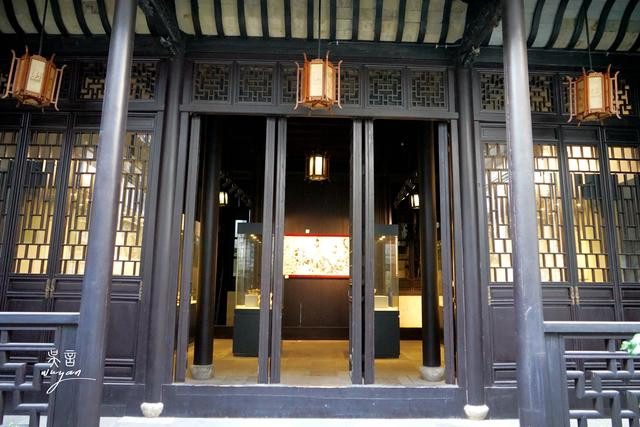
Wentu/Wu Yan
The China Tin Museum is currently the largest tin museum in my country. It displays a wide variety of tin utensils, including ancient and modern Chinese and foreign, common people's utensils, court tributes, Miao tin embroidery, etc., which are dazzling and exquisite.
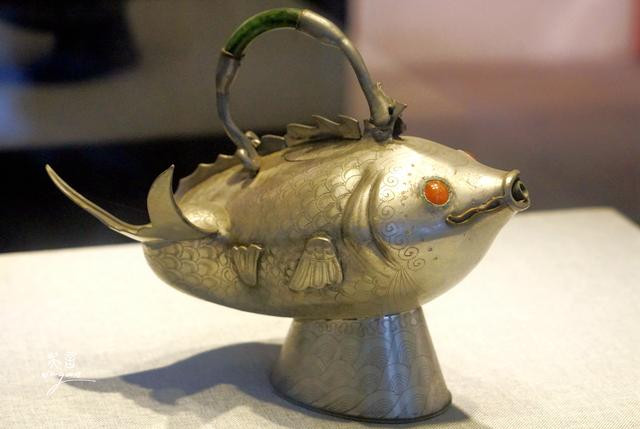
Wentu/Wu Yan
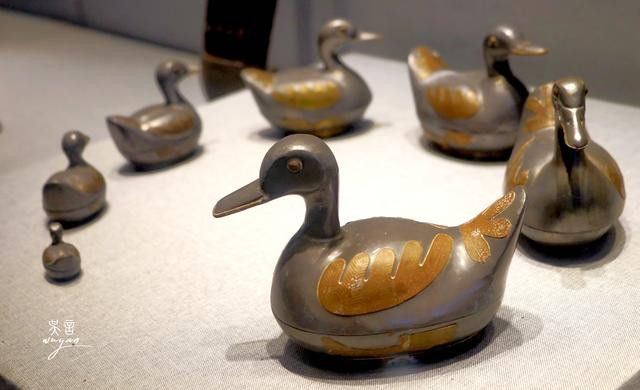
Wentu/Wu Yan
Wandering in the Tin Ware Museum, in addition to feeling the artistic charm and exquisite craftsmanship, you can also experience tin-making and bring home the works you have carefully made through the three steps of hammering, carving and grinding.
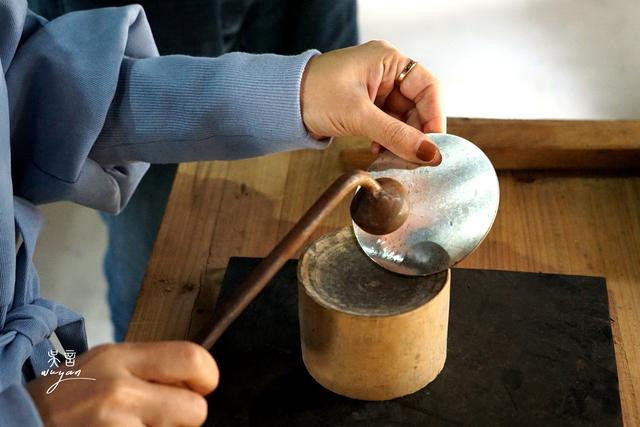
Wentu/Wu Yan
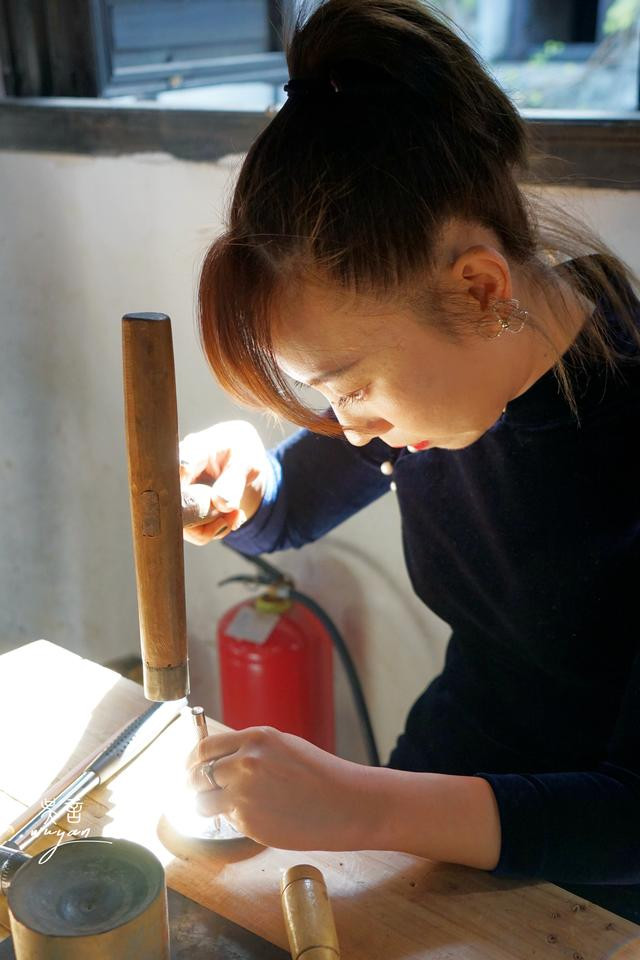
Wentu/Wu Yan
This is a new project for cultural tourism research in Lili Ancient Town. In addition to experiencing tin-making, you can also experience making cable boat cakes at Yingxiang Cultural Tourism, and copy fan paintings and paintings such as flying horses at Xu Beihong Art Museum. It integrates cultural tourism and study. In one, enjoy art, feel culture, explore intangible cultural heritage and have endless fun.
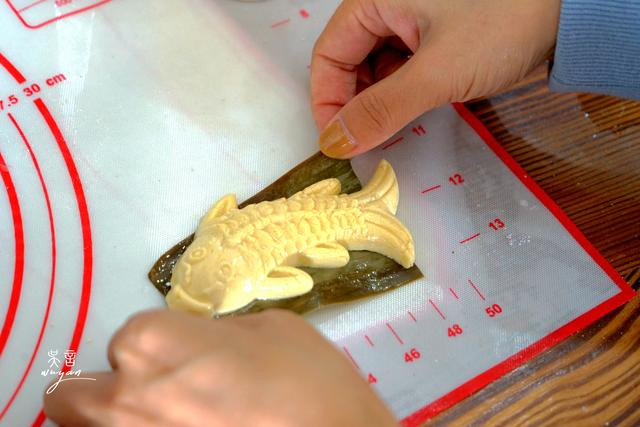
Wentu/Wu Yan
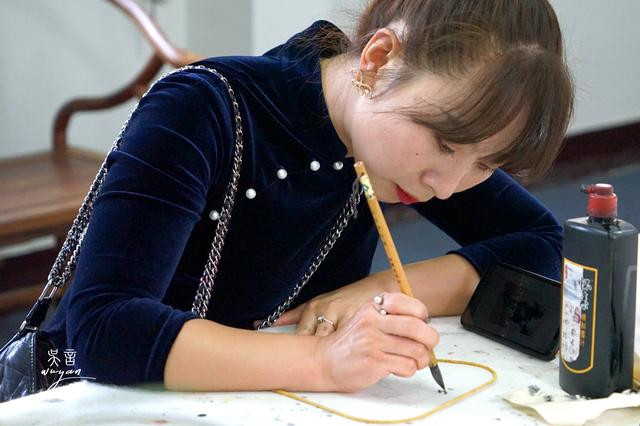
Wentu/Wu Yan
Lili's alley culture and customs, as well as the celebrities who walked out of the alley, and the stories of celebrities in the alley, may not be finished for ten days and ten nights. Only by being there, slowly reading and savoring can you deeply feel the infinite charm of Lili ancient town culture.
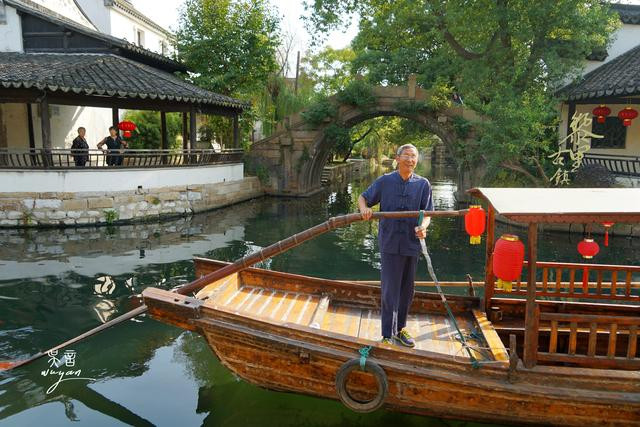
Wentu/Wu Yan
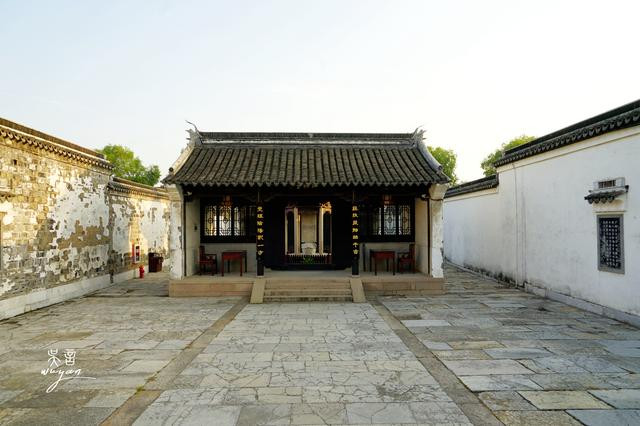
Wentu/Wu Yan
Attractions: Lili Ancient Town, Liu Yazi Memorial Hall, China Tin Museum, Liuyue Museum, Dongshengtang, Zhou Palace Fu Temple, etc.
Coordinates: Lili Town, Wujiang District, Suzhou City, Jiangsu Province
Transportation: Bus:
Shanghai Terminus-Lili Bus Station 1 and a half hour drive fare: 33 yuan
Suzhou North Square Bus Station-Lili Bus Station 1 hour drive fare: 16 yuan
Previous Article:Suzhou 48 hours| This privately customized "Soviet-style life" trip exploded!
Next Article:Walking the world with your baby--2020 Suzhou Memories
